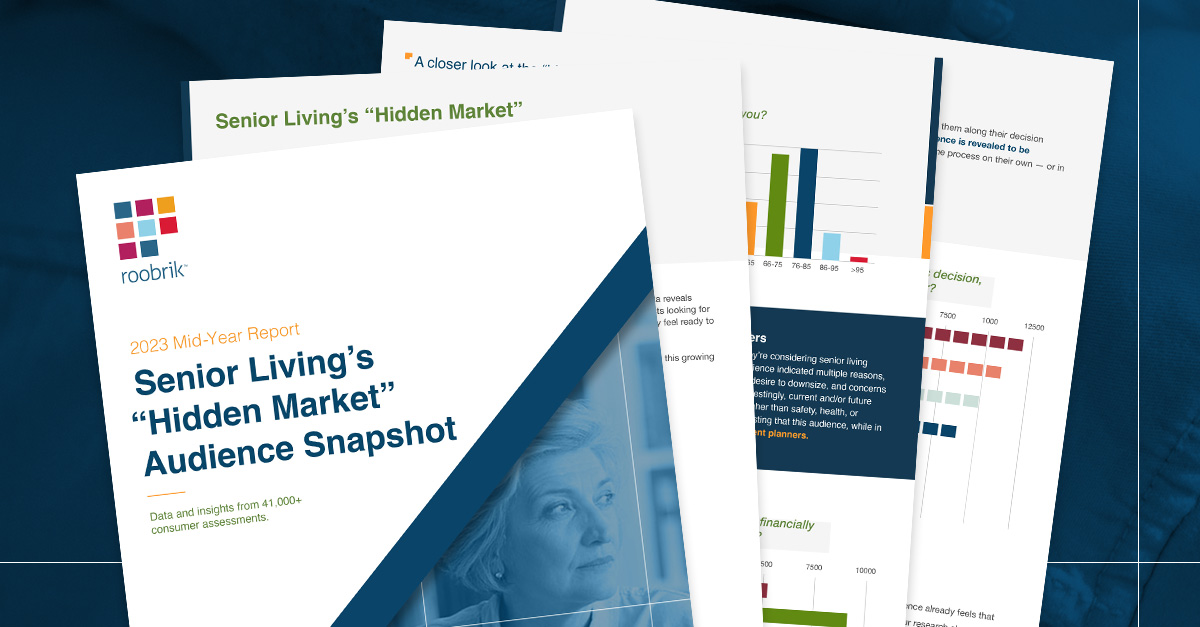Anatomy of Our Assessment: Getting Enough Help?
This feature is a question-by-question analysis of our “Is it time to get help?” assessment, and how it helps families move forward and make deeper connections with our clients.
Let’s dig into Question 5.

As you know, it can be really hard for someone to admit that their mother or another family member isn’t getting enough care either because help isn’t available or because that person isn’t taking full advantage of existing supports.
While many of the people taking our assessment may already recognize the need for more support or that a change is long overdue, it can still be heartbreaking to admit: “I don’t think my mother is getting the care she needs.”
It’s such a loaded question to ask, right?!
But we pose this question intentionally because we want to acknowledge that when people take a hard look at what’s really happening in an older loved one’s life, they may feel guilty, anxious, sad, filled with grief — or all of the above!
We See a Widespread Need for More Care
When we look at assessment results, we see a widespread need for more care particularly among family members concerned about their mothers. For example, in 2019 60% of respondents said either that their mother doesn’t get the help and care she needs or that she needs more help. Only about one-third of respondents thought their mothers were already getting appropriate care.
Acknowledge Difficult Emotions: A Step Towards Action
In developing the “Is it time to get help?” assessment, we’ve thought a lot about how the economy of guilt affects families who are seeking care and support for a loved one. For example, in one AARP survey more than half of caregivers expressed that they feel guilty about not doing more for a loved one.1 When family members experience this kind of guilt or other negative emotions, it can make it harder for them to act. They may be less likely to seek professional help, which is exactly the loop of inaction we want to help families see their way out of.
Trust & Empathy
One of Roobrik’s founding principles is to recognize the difficult emotional journey families go through in exploring senior care options. In our assessment, we try to minimize the creation of new guilt for family members. We aim to be sensitive to how emotionally fraught it can be, for everyone, to seek more care for mom or to consider having her move into a senior living community. Our goal is to be empathetic to how everyone in a family might feel in these difficult moments of life transition. And question four helps us accomplish that aim.
Sources
- AARP.com. AARP Family Caregiving Survey: Caregivers’ Reflections on Changing Roles. Available here. Accessed Jan. 10, 2020.
For more blogs that explore the thinking behind Roobrik assessment tool check out 23 Questions: The Science Behind the Survey, Anatomy of Our Assessment: Getting Personal, Anatomy of our Assessment: Let’s Talk, and Anatomy of our Assessment: Affordability.





